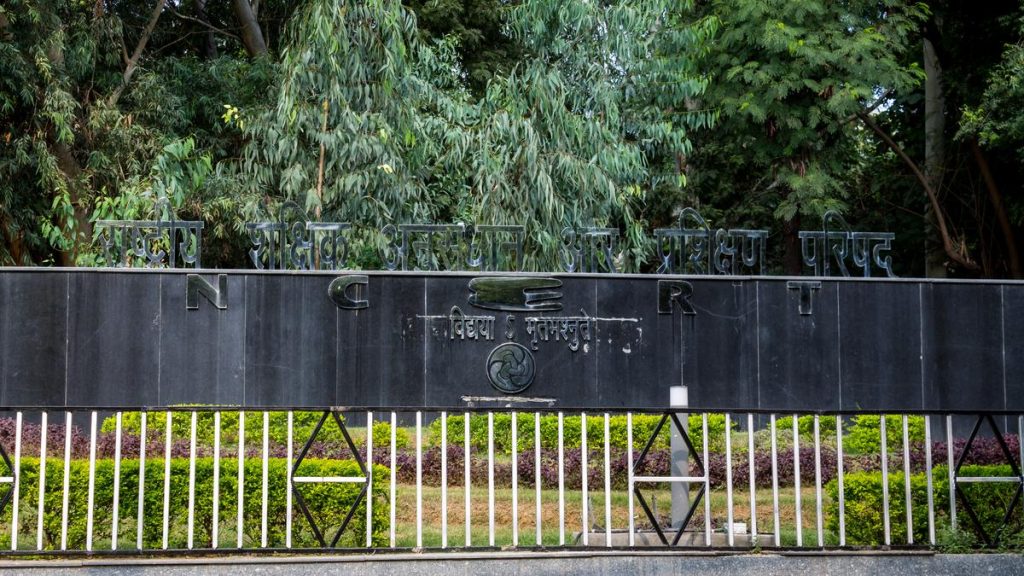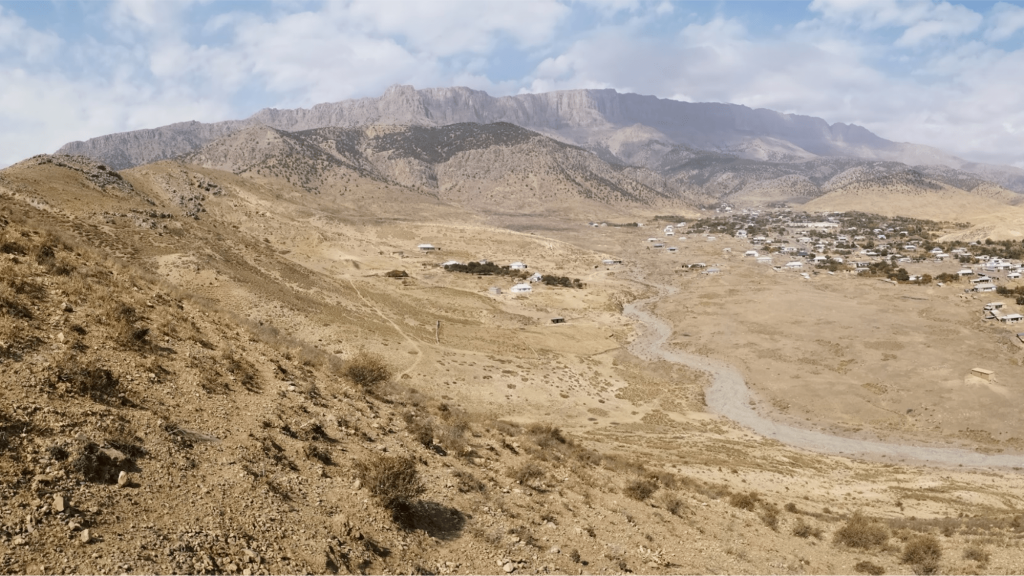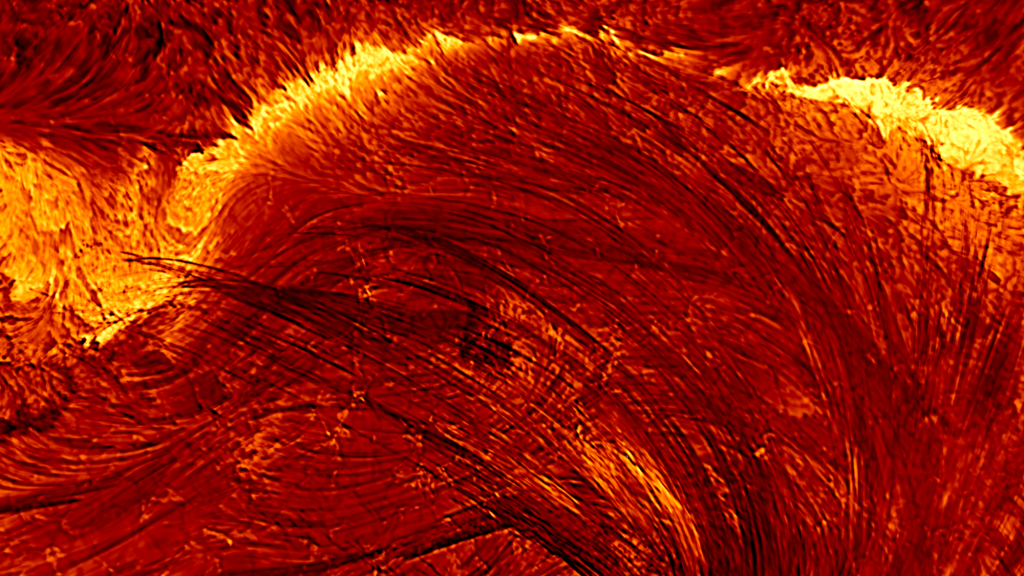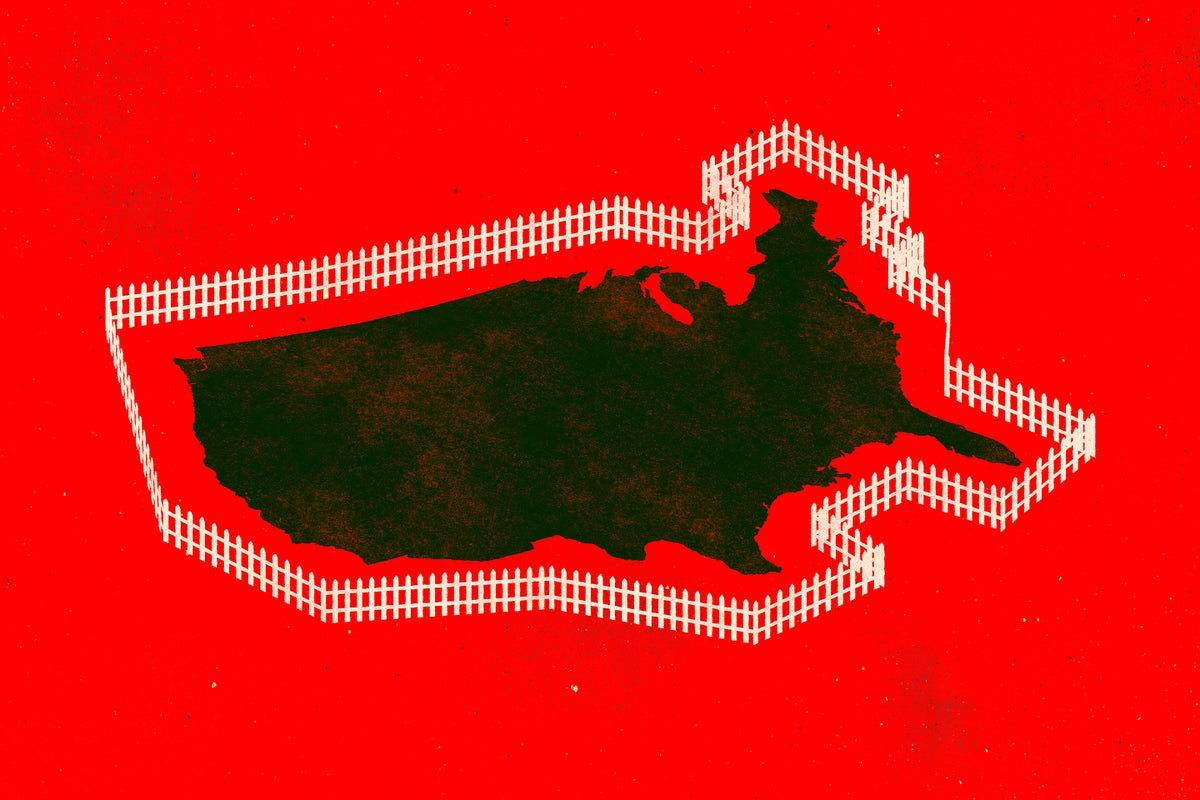Now Reading: Ancient DNA Uncovers Phoenicians’ Unexpected Heritage
-
01
Ancient DNA Uncovers Phoenicians’ Unexpected Heritage
Ancient DNA Uncovers Phoenicians’ Unexpected Heritage
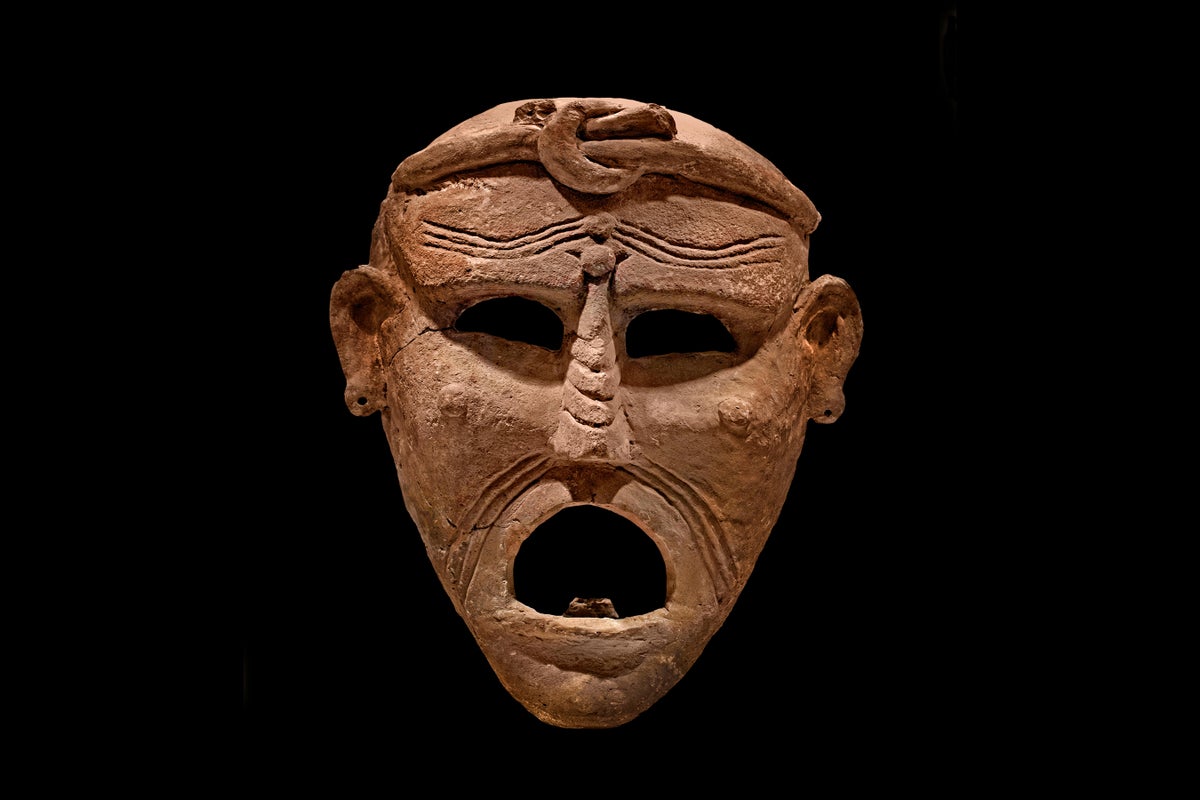
Quick Summary
- Phoenician Civilization Origins: The Phoenicians originated more than 3,000 years ago in the Middle East, centered around modern-day Lebanon. Their culture expanded across the Mediterranean.
- Cultural Contributions: Phoenician city-states shared languages, religious practices, and trading economies. Their alphabet became a precursor to Greek and Latin letters.
- DNA Study Findings: Analysis of DNA from 200 ancient remains showed Punic peopel (Mediterranean outposts of Phoenician culture) did not share ancestry with their Middle Eastern progenitors. Rather, they had genetic profiles resembling ancient Greeks and sicilians.
- Unique Ancestry Mix: Over time, North African ancestry blended into this mix as carthage rose after 500 BC due to diverse populations connected through trade routes dubbed the “mediterranean highway.”
- Key insight on Assimilation: Researchers suggest Phoenicians integrated local populations rather than passing down middle Eastern genes. They question why diverse groups adopted Phoenician practices rather of maintaining their own.
Indian Opinion Analysis
The study offers remarkable insights into cultural transmission versus genetic continuity within ancient civilizations like the Phoenicians. For India-a pluralistic society historically shaped by migration and cultural exchange-it underscores an important lesson about how cultural integration can occur without significant genetic influence from origin regions. This could prompt reflection on India’s own history where traditions have spread across subregions while assimilating local identities rather than imposing uniformity.
The finding enriches understanding of how trade facilitated human connection across civilizations-the analogy might hold lessons for India’s current global engagements via commerce and soft power diplomacy in fostering cross-cultural bonds.
Read More: Ancient DNA reveals Phoenicians’ surprising ancestry



